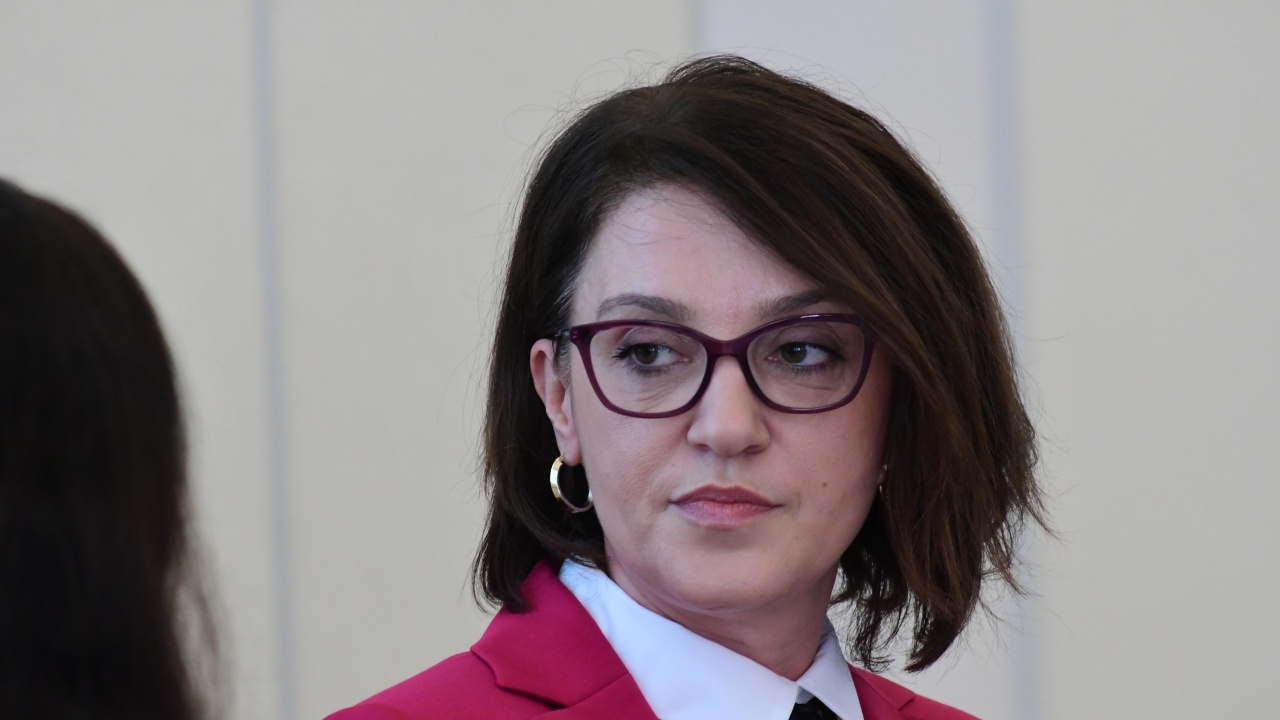Listen to the news
The approach chosen by the National Assembly - first to close the specialized court and prosecutor's office, and then to decide what will be done with the cases, with the magistrates and the employees - is a problem. There will be others - they will become visible after July 27, when changes to the Judiciary Act come into force. The head of the Appellate Specialized Prosecutor's Office Ivaylo Angelov and the administrative head of the Specialized Prosecutor's Office Valentina Madzharova warned at a joint press conference about the consequences of the closure of the specialized justice bodies.
Chief Prosecutor Ivan Geshev thanked the magistrates and employees of the specialized structures.
He pointed out that they have done as much as has not been done since 1989 in the field of combating organized crime, crimes against the Republic, and in the last 4 years - in the field of corruption and high-level corruption, reports the press center of the specialized court .
"In years to come, it will be understood that the closure of specialized justice was a huge mistake.
"Unfortunately, the ego of politicians prevails over reason," Ivaylo Angelov pointed out.
Geshev: The special prosecutor's office and the special courts were closed because they were doing their job
According to him, the problem arose from the fact that when writing the texts of the Bill to amend and supplement the Law on the Judiciary, there was not a single lawyer who dealt with criminal justice and knew the matter.
The head of the Specialized Prosecutor's Office, Valentina Madzharova, explained that at the moment the exact number of cases that must be referred to the relevant competent prosecutor's office is 841. From the closing date of July 27, 2022, until the competent court is determined, there will be no one to administer appeals to victims or requests to modify a restraining order.
It's unclear what will happen in a jurisdictional dispute.
During this time, no court has jurisdiction.
This state of timelessness slows down the process and leads to uncertainty for the litigants, she stressed.
Valentina Madzharova pointed out another problem - the so-called
specialization of magistrates.
In Bulgaria, 7 people work on the topic of terrorism, this specialization will no longer exist.
There was also a specialization in the segment of organized crime and corruption.
Now they will be gone.
All countries are moving towards specialization, we are moving in the opposite direction, she pointed out.
The head of the Specialized Prosecutor's Office also pointed to the problem with special intelligence tools (SRS).
In 40% of cases, they are used to protect and guard the victims, which is done with their consent.
In the rest, SRS are used to solve crimes.
And since the Specialized Criminal Court, which grants permission for their use, is being closed, there will be no authority to monitor their legal application.
This is definitely not in the interest of Bulgarian society, and especially of the victims of the cases, Valentina Madzharova pointed out.
They reappointed the judges from the two closed special courts
"A bad law, but a law, we will try to implement it," she stressed.
The chief prosecutor Ivan Geshev pointed out that the specialized structures were doing their job, they worried people with very large financial resources, and therefore also many persons from public life.
"These structures, if I have to quote Judge Ushev, were an asset for the state," said the chief prosecutor.
He pointed out that the specialized structures receive thanks from their colleagues from Europe: "Even yesterday I received thanks from a German prosecutor and from the head of the Criminal Service in two cities in Germany for the activities of a prosecutor and relevant officials from the Ministry of Internal Affairs in a joint investigation team."
Ivan Geshev advised the Bulgarian citizens "to ask themselves why something that works is hidden in order to return to an ineffective model - whether it is propaganda, whether it is crisis PR, whether it is illiteracy, incompetence or something else that I do not want to describe, but can be seen by entering jeeps of persons handed over to the court".
Valentina Madzharova
special justice
